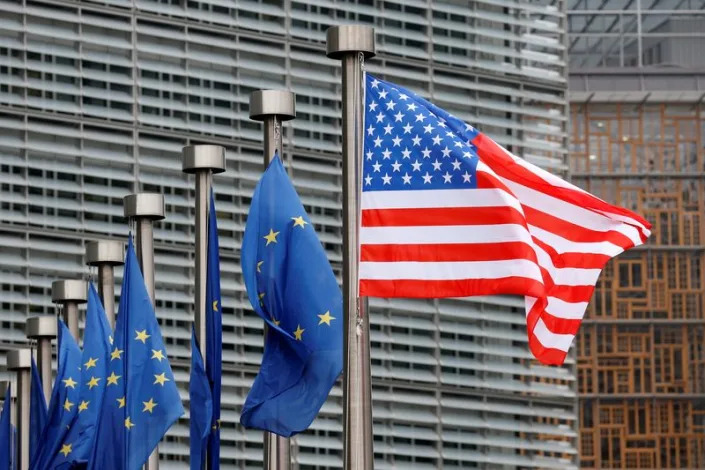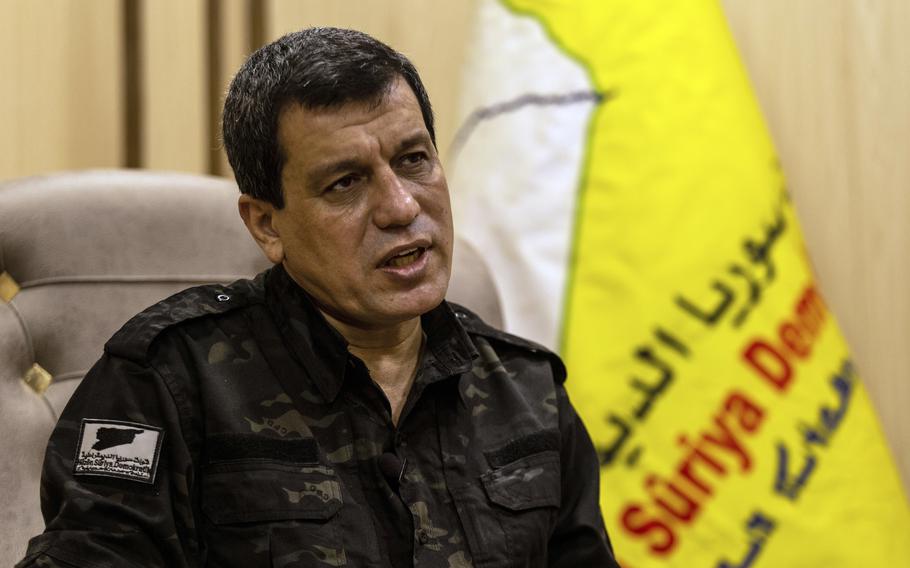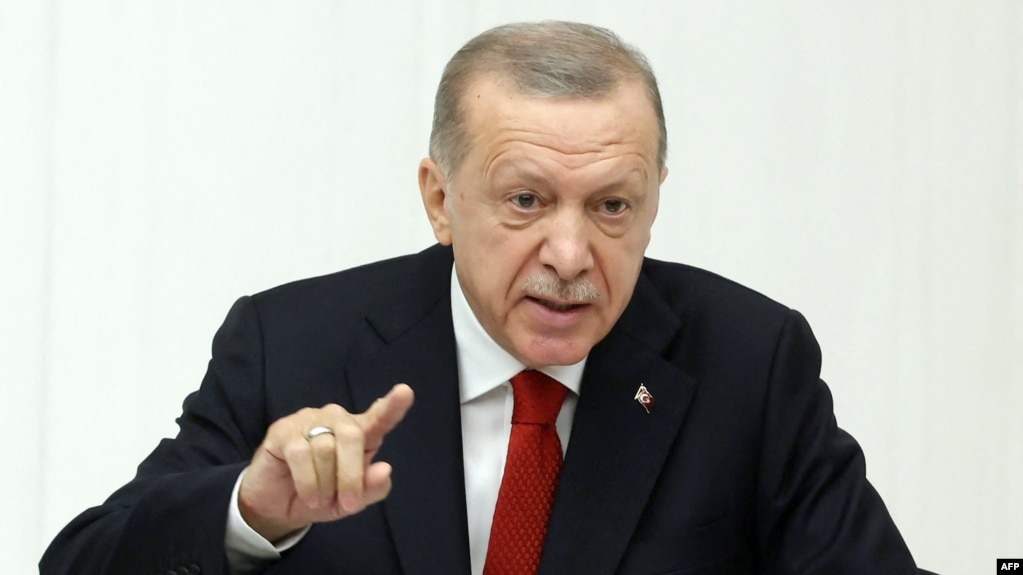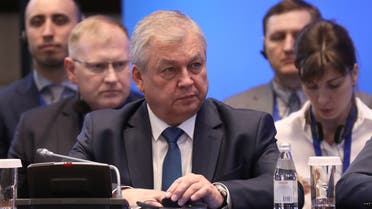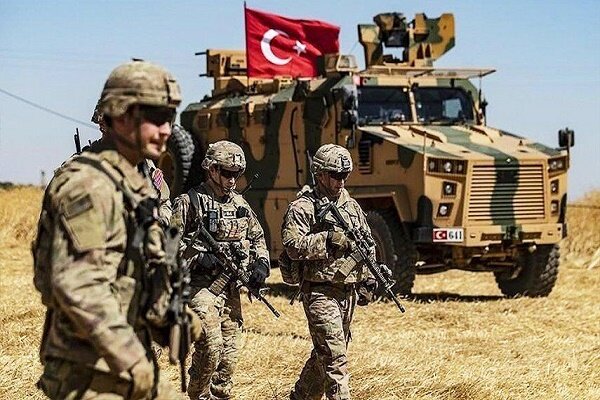BY ASSOCIATED PRESS

Rail strike threat recedes as Congress prepares to impose unpopular contract on unions. Shipping containers and rail cars sit in a Union Pacific Intermodal Terminal rail yard on November 21, in Los Angeles. Mandatory Credit: Mario Tama/Getty Images
OMAHA, Neb. (AP) — When BNSF railroad conductor Justin Schaaf needed to take time off from work this summer, he had to make a choice: go to the dentist to get a cavity in his molar filled or attend a party for his son’s 7th birthday.
He chose his son.
“Ultimately I decided to take the day off for my kid’s birthday party,” Schaaf said. “Then when I am finally able to get into the dentist four, five, six months later, the tooth is too bad to repair at that point, so I have to get the tooth pulled out.”
Those are the kind of tradeoffs that railroad workers worry they might still have to make after Congress voted this week to impose a contract on them to avoid the economic disaster that would accompany a railroad strike. Workers and their unions say the deal didn’t do enough to address their quality-of-life concerns and didn’t add any sick days.
President Joe Biden signed a bill Friday to block a strike and force workers to accept the agreements union leaders made in September, even though four of the 12 unions — which include a majority of rail workers — voted to reject them. Business groups had been urging Biden to intervene for weeks.
For Schaaf, he’s not sure if the new contract will make it any easier to find another day off sometime next year to pay to have a fake tooth implanted in his mouth.
“If I had the option of taking a sick day … I would have never been in that situation,” he said from his home in Glasgow, Montana.
Schaaf said it was discouraging, but not surprising, to see Congress step in to settle the contract dispute ahead of next Friday’s strike deadline. Lawmakers have made a habit of stepping in to impose contracts when railroads and their unions reach the brink of a strike — 18 times since the passage of the 1926 Railway Labor Act, by the U.S. Chamber of Commerce’s count — because of the potential economic consequences.
Many businesses rely on railroads to deliver raw materials and ship their final products, so a rail strike would send a catastrophic ripple through the economy. Passenger railroads also would be disrupted because so many use tracks owned by the freight railroads.
The five-year deals that rail workers wound up with include 24% raises and $5,000 in bonuses. But concerns about the lack of paid sick time and the demanding schedules that unions say make it hard for workers to ever take a day off dominated the contract talks. The rail unions say they weren’t able to get more concessions out of the railroads because the big companies knew Congress would intervene.
The railroads refused to add paid sick days to the deal at the end of three years of negotiations because they didn’t want to pay much more than a special board of arbitrators appointed by Biden recommended this summer. Plus, the railroads say the unions have agreed over the years to forego paid sick leave in favor of higher wages and strong short-term disability benefits that kick in after as little as four days.
The railroads agreed to offer three unpaid days for engineers and conductors to tend to medical needs as long as they are scheduled at least 30 days in advance. They also promised to negotiate further to improve the way regular days off are scheduled to help workers better know when they will be off.
But to retired engineer Jeff Kurtz, there is still a lot of work to be done to restore the quality of life he enjoyed before he left the railroad eight years ago. He doubts rail workers today would be able to get time off for key family events on short notice the way he did when he found out his son was getting his doctorate right before Christmas in 2009.
“You hear when you hire out on the railroad you’re going to miss some things. But you’re not supposed to miss everything,” said Kurtz, who remains active even in retirement with the Railroad Workers United coalition that includes workers from every union. “You shouldn’t miss your kids growing up. You shouldn’t miss the seminal moments in your family’s life.”
Over the past six years, the major railroads have eliminated nearly one-third of their jobs as they overhauled operations, making the work more demanding for those who remain.
The unions say they won’t stop fighting for more paid sick leave, but now they may have to wait for negotiations on the next contract beginning in 2025.
The head of the Association of American Railroads trade group, Ian Jefferies, acknowledged “there is more to be done to further address our employees’ work-life balance concerns” but he said the compromise deals that Congress voted to impose should help make schedules more predictable while delivering the biggest raises rail workers have seen in more than four decades.
Why paid sick leave
became a big issue in
rail labor talks
Unions say rail carriers cut too much in the name of efficiency,
leaving them with too few workers to cover for absent colleagues.
The Senate ultimately approved the option without the added paid sick leave, and President Biden signed it. The terms mirror those in the agreement the White House brokered in September, including a roughly 24 percent pay increase by 2024, more flexibility to take time off for doctor’s appointments, and a paid personal day.
So why was paid sick leave such a sticking point — and why didn’t workers get it?
Rail carriers have said they need to maintain their attendance policies to ensure adequate staffing. Some industry experts and union officials say the companies no longer have enough workers to cover for absent colleagues because of the switch in recent years to “precision scheduled railroading,” a system designed to improve efficiency and cut costs. Instead of running trains that carried just one type of product — which left trains waiting for long stretches before they had enough load to depart — rail companies now have more trains carrying a mix of goods on a set schedule. Fixed scheduling allows them to use the same crew more often than they could have under the old system.
From November 2018 to December 2020, the rail industry lost 40,000 jobs, according to a report by the Bureau of Labor Statistics. The bureau described precision scheduling as possibly the “most widely accredited reason for the decrease in rail transportation employment,” although the pandemic, uncertainties in trade and a decline U.S. coal usage also hurt the industry.
Wall Street at the time cheered the transition to a new system. In 2019, Norfolk Southern and Union Pacific stocks rose 30 percent, and shares of Kansas City Southern jumped more than 60 percent.
But the labor force cuts “led to this kind of crisis of work-life balance,” said Todd Vachon, a Rutgers University labor professor who sees short staffing as “a model of maximizing profits to have high returns for shareholders.”
And unions say precision scheduled railroading leaves little room to give workers the benefits they need.
“There is a direct connection to these business decisions that the railroads have made — either PSR by itself or just these attendance policies that’s an offshoot of PSR — forcing people to work more than any average American worker wants to do or can do,” said Dennis Pierce, the national president of the Brotherhood of Locomotive Engineers and Trainmen, an influential union that narrowly voted to ratify the White House proposal.
Brendan Branon, chairman of the National Railway Labor Conference, who represented the industry at the bargaining table, rejected the idea that paid sick leave represented a sticking point in labor talks. “All rail employees have some form of paid sick leave,” he said in a statement to The Post.
A spokeswoman for the Association of American Railroads, Jessica Kahanek, pointed to a list that includes several leave options, such as a system in which sick employees can temporarily remove themselves from a roster of available workers, as well as time off under the Family and Medical Leave Act. And all employees have a long-term sickness benefit that can pay a portion of the worker’s income for up to 26 weeks, the rail association said.
But time off under the Family and Medical Leave Act is unpaid, according to the Department of Labor. And the system that allows employees to remove themselves from availability is unpaid, union lawyer Richard Edelman said. Workers also could be disciplined for using it, he added.
Moreover, the long-term sickness benefit is meant for more serious illnesses or injuries, he said, and would not help employees who get the flu, for example, or need emergency dental surgery. “All of those things that are one- or two-day things — railroad employees don’t have that,” Edelman said.
Tony Hatch, a longtime industry analyst, said the financial community wants a more constructive relationship between railroad management and their workers.
“We don’t want to see semi-slave labor here,” he said. “We want to see a happy workforce because the railroads have terrific opportunity to recapture … market share.”
The negative effects of scheduled railroading and related staff reductions are a “boogeyman” that has been overblown, Hatch said. But he said that the system has made the industry more fragile and needs more flexibility to deal with emergency situations such as the coronavirus pandemic and sick workers.
“One of the things that you need to run a scheduled railroad is crew availability,” Hatch said. “And if people are quitting, you need to do something about that.”
The rail labor conference’s Brannon said workers and companies must keep talking.
“While the bargaining round has concluded, conversations about bringing greater predictability and work-life balance for railroaders will continue,” he said.
Vachon, the labor professor, said that nothing should prevent rail companies from providing their employees with paid sick leave. He said it comes down to paying for more workers and maintaining a rotating pool of people to cover shifts while others are out.
“There’s nothing inherent about the railroad industry to make paid sick leave unsustainable,” he said, adding that rail workers in Europe have the benefit. “This idea that it’s not possible is really just a cop-out. … The companies are deciding how to spend their resources, and they’re spending the money to buy back their stocks and give dividends to shareholders rather than investing in their workers.







